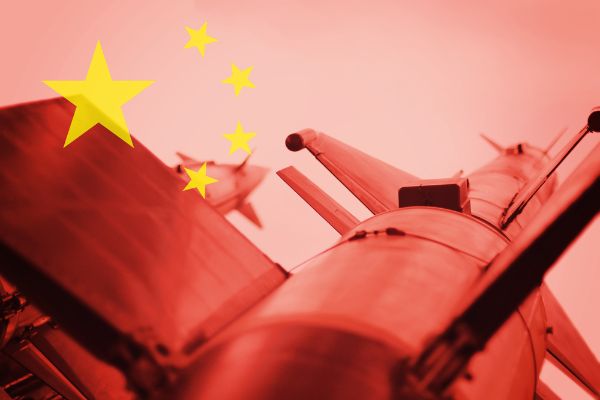
Two leaders met at the Chinese Congress headquarters, according to The Cradle, to discuss enhancing bilateral cooperation in a number of areas, including “trade, crisis management, information and communication technology, healthcare, agriculture, exports, media, sports, and tourism.”
Raisi thanked Xi for the assistance Iran received from Congress of China in efforts to strengthen bilateral strategic ties.
Raisi characterized Sino-Iranian relations as “two friends in difficult times,” emphasizing the need to fully use regional and transregional channels to further cooperative efforts.
According to Chinese media, Xi also stressed China’s support for defending Iran’s rights and interests and expressed his support for restarting the Iranian nuclear agreement with the United States. Raisi received further assurances from Xi that China will persist to “participate effectively” in efforts to restart negotiations to revive the Iranian nuclear deal.
The President of Iran told the media after their meeting that Iran and China share the same opinions regarding the fight against unilateralism on the global stage.
Iran was admitted as a permanent member of the Shanghai Cooperation group in 2021. Iran then submitted an application to join BRICS, two global bodies where China and Russia have influential positions.
Iran’s top oil customer and trading partner is still China. Iran exported $12.6 billion worth of oil to China in the previous year.
A 25-year agreement for “political, economic, and strategic,” cooperation between China and Iran was signed in 2021.
Raisi’s trip to China fits into the “Look to the East” strategy of his government, which aims to build partnerships with non-Western powers who share Iran’s political views and oppose the US’s universalist ambition.
Overall, the neoconservative and neoliberal fanaticism that has taken control of DC’s decision-making on foreign policy has provided the conditions for a Eurasia alliance to form between China, Iran, and Russia to act as a balancing factor against the Collective West’s obsessive foreign policy.
These content links are provided by Content.ad. Both Content.ad and the web site upon which the links are displayed may receive compensation when readers click on these links. Some of the content you are redirected to may be sponsored content. View our privacy policy here.
To learn how you can use Content.ad to drive visitors to your content or add this service to your site, please contact us at [email protected].
Family-Friendly Content
Website owners select the type of content that appears in our units. However, if you would like to ensure that Content.ad always displays family-friendly content on this device, regardless of what site you are on, check the option below. Learn More





